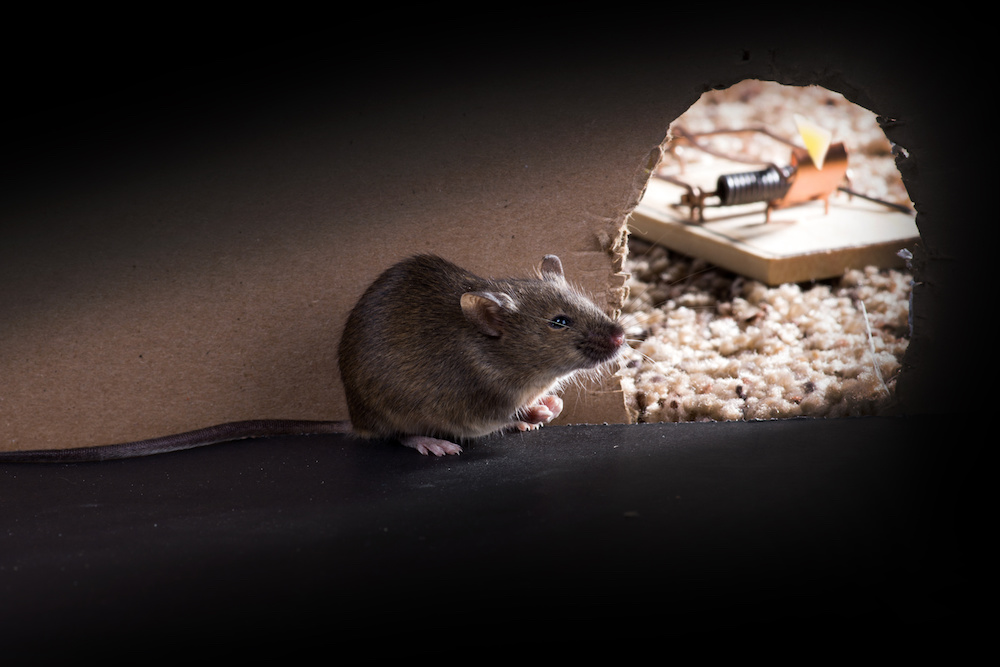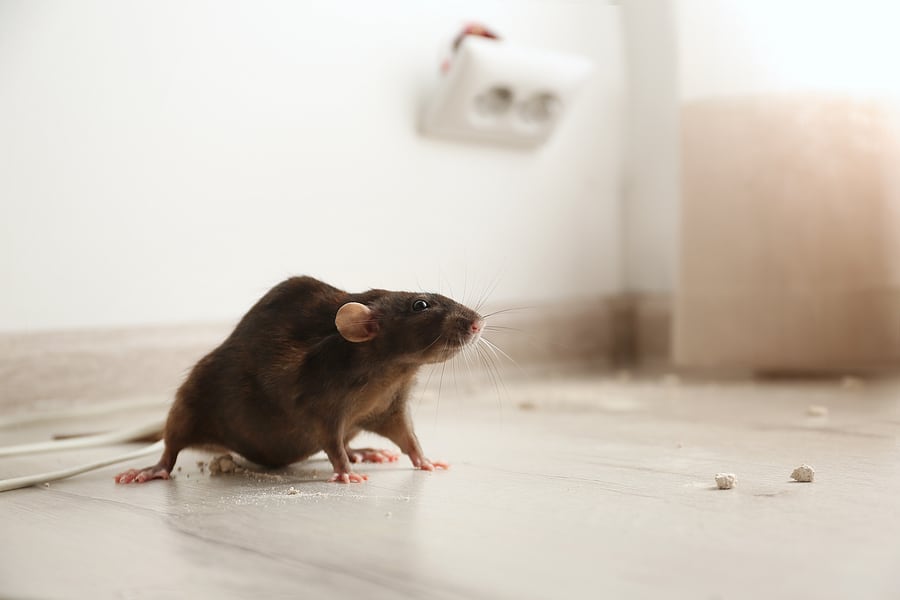Managing rodent infestations can be a daunting task for pet owners, who must navigate the delicate balance between effectively eradicating pests and keeping their beloved animals safe. While conventional rodent control techniques might yield results, they often introduce serious risks to pets. Luckily, adopting best practices for pet-safe rodent control can effectively address your rodent issues while safeguarding your furry companions.

Understanding the Risks of Traditional Rodent Control
Methods like poisons and traps used in traditional rodent control can endanger pets. These approaches dont differentiate between pests and pets, risking accidental ingestion or injury. Even if a pet doesnt consume poison directly, they can face secondary poisoning by eating a poisoned rodent.
For example, rodenticides often contain anticoagulants that lead to internal bleeding. Just a small amount ingested by your pet could result in severe health problems, potentially life-threatening. Similarly, snap traps are efficient for catching rodents, but they can injure curious pets who might accidentally set them off.
Pet-Safe Rodent Control Strategies
1. Prevention is Key
The best way to handle rodents is to prevent them from entering your house at all. Seal up entry points such as gaps around windows, doors, and utility lines. Make sure to inspect these areas regularly for any potential breaches. Use materials like steel wool or metal mesh to secure holes, as rodents cannot easily chew through them.
2. Maintain Cleanliness
Rodents are often attracted to accessible food sources. To deter them, store all food, including pet food, in airtight containers. Clean up food debris from floors and countertops regularly, and ensure that garbage bins are tightly sealed. By eliminating these potential food sources, you can make your home less inviting to pests.
3. Use Natural Repellents
Natural repellents can effectively deter rodents without threatening pet safety. For instance, peppermint oil serves as a great natural deterrent. Simply soak cotton balls in peppermint oil and place them in spots where rodents may enter. The strong aroma is unpleasant for them but harmless for your pets.
You might also consider planting mint around your home. This not only acts as a natural barrier against rodents but also enhances your garden's fragrance. For further information on natural remedies, check out natural deterrents like garlic and vinegar.
4. Electronic Repellents
Electronic repellents emit ultrasonic sounds that humans and pets cannot hear, but which bother rodents. These devices provide a safe and effective alternative to using chemicals or traps.
5. Safe Trapping Methods
If trapping is necessary, go for humane options. These traps allow for the safe capture and release of rodents away from your home. Be sure to check them regularly to minimize stress on the captured animals.
Additional Measures to Ensure Safety
While employing best practices for pet-safe rodent control, keep a close eye on your pets. Even with the safest methods in place, curiosity can lead to trouble. Regularly observe their behavior and restrict their access to areas set up with rodent control measures.
If you suspect your pet may have come into contact with any rodent control products, reach out to your veterinarian promptly. Quick action can help avert serious health issues.
When to Call a Professional
In the event of a severe infestation, bringing in a professional pest control service may be necessary. Ensure that the company you choose emphasizes pet-safe methods. Many contemporary pest control providers offer eco-friendly, pet-conscious solutions tailored to your needs.
For more insights on effective rodent management without harming pets, take a look at this handy guide on home remedies.
Conclusion
Managing rodent issues doesnt have to jeopardize the safety of your pets. By following best practices for pet-safe rodent control, you can protect your living space from unwelcome invaders while ensuring your pets are safe and sound. Always remember that prevention, accompanied by vigilance, is your best strategy in this endeavor.

FAQs
1. Are electronic repellents safe for pets?
Absolutely! Electronic repellents produce sounds that are inaudible to pets, making them a secure option for rodent control.
2. Can natural repellents harm my pets?
Generally, natural repellents like peppermint oil are safe for pets when used properly. However, its wise to monitor your pets reaction to any new substances in your home.
3. What should I do if my pet ingests a rodent?
If you think your pet has eaten a rodent, especially one that might have been exposed to poison, get in touch with your veterinarian right away for guidance.
